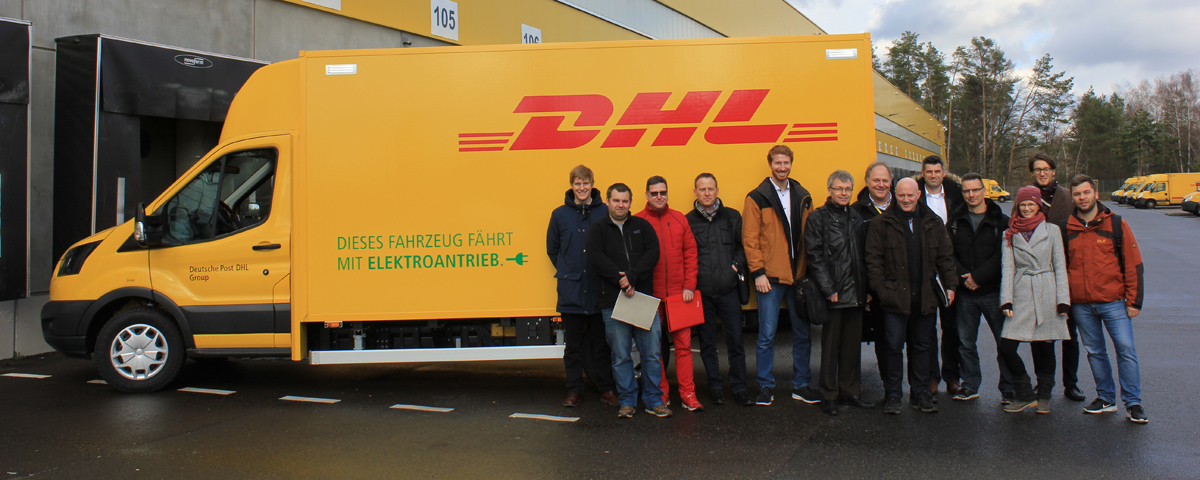Unique Opportunities of Island States to Transition to a Low-Carbon Mobility System (Soomauroo et al. 2020)
14. February 2020
open_plan: Bottom-up energy transition
9. March 2020Kick-off for Project Netz_eLOG in Brandenburg

05.03. | The project Netz_eLOG (Intelligent grid integration of electrified logistics) was shifted into gear on February 27, 2020 with a successful kickoff. Over the next three years, the consortium of engineering partner IAV, grid operator E.DIS, and project lead Reiner Lemoine Institute will investigate how large electric vehicle fleets can be charged in a network-friendly manner. The aim is to develop procedures for network-side control of charging processes, taking into account all criteria of fleet and network operators.
To this end, IAV is developing an IoT platform in the project, which enables interoperable communication between the individual systems. Based on this platform, an AI-based load control system is being developed that enables flexible vehicle loading according to the criteria defined in the project.
E.DIS develops future-oriented, network-friendly control criteria and also evaluates the flexibility options for the location and for a broad application of network-friendly control from the network operator’s point of view. In addition to project management, the Reiner Lemoine Institute will use simulation tools to carry out techno-economic assessments of the local energy system and assess the portability of the intelligent charging control. For long-term success of the project, various stakeholders are also involved in the development of sustainable incentive models through workshops.
The consortium will investigate the charging control at a distribution center of the Deutsche Post DHL Group in Kleinmachnow in various practical tests with up to 63 StreetScooters WORK XL. As part of the kick-off, everything necessary for setting up the charging infrastructure and the measuring technology to be installed was recorded in a working section at the Kleinmachnow location.
The increasing decentralization and volatile feed-in of renewable energy makes the use of flexibility for the power grid more and more relevant. This is where the project comes in. The consortium is investigating how the flexibility options of electromobility can be used intelligently and thus make a contribution to the energy transition in the transport sector.
Further information on the project and its contents can be found on the project page.




